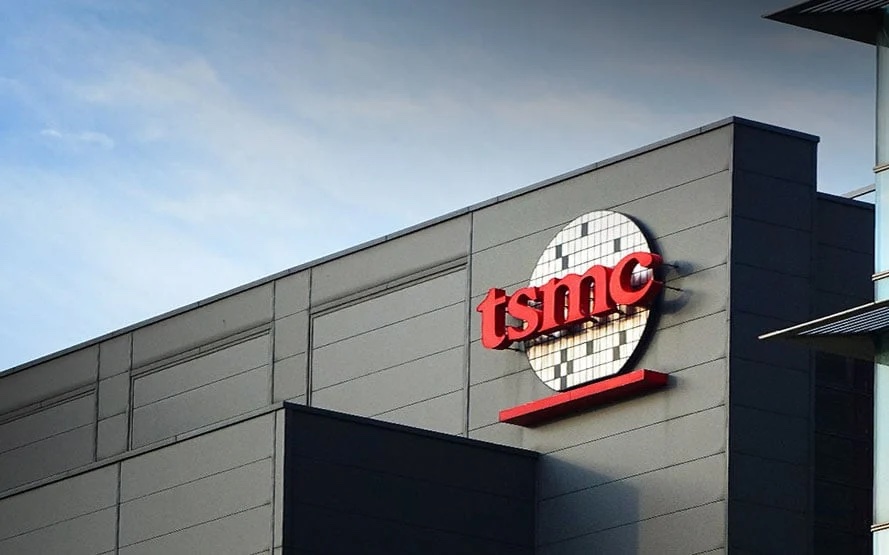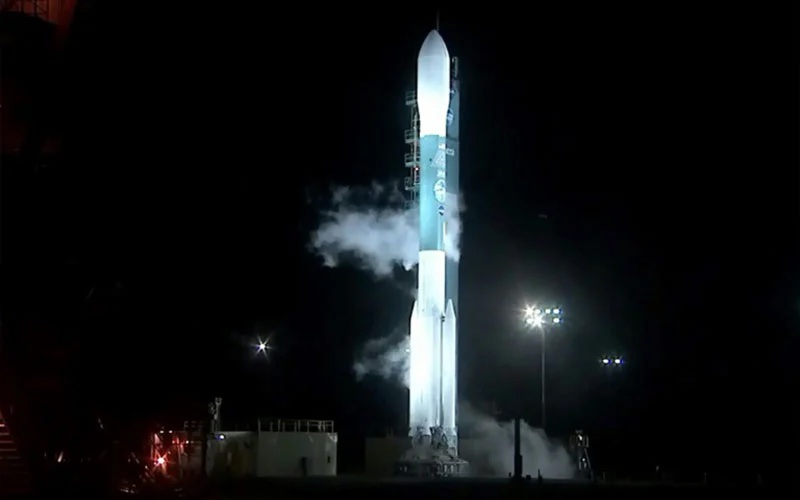NEW YORK/SINGAPORE, Nov 9 (Reuters) – The United States has directed Taiwan Semiconductor Manufacturing Co (TSMC) (2330.TW) to stop shipping advanced chips to Chinese clients, primarily used in artificial intelligence (AI) applications, starting Monday. This information comes from a source familiar with the situation.
The U.S. Department of Commerce issued a letter to TSMC, placing export restrictions on high-tech chips with designs of 7 nanometers or more advanced, intended for Chinese customers. These chips, often used in AI accelerators and graphics processing units (GPUs), are subject to the new restrictions, the source revealed.
This order marks the first time this directive has been reported and follows a recent TSMC alert to the Commerce Department. Last month, Reuters reported that one of TSMC’s chips had been found in a Huawei AI processor. This discovery was made by Tech Insights, a research firm specializing in technology, which dismantled the product and found the TSMC chip, raising concerns about a breach of export controls.
Huawei, a key target of U.S. trade restrictions, has been on a list of restricted entities, meaning that any supplier must obtain a license to export goods or technology to the company. However, any licenses that could contribute to Huawei’s AI development would likely be denied.
Last month, TSMC halted shipments to Chinese chip designer Sophgo after discovering that one of its chips was identical to the one used in Huawei’s AI processor, according to sources who spoke to Reuters.
At present, it remains unclear how the chip ended up in Huawei’s Ascend 910B AI processor, which was launched in 2022 and is regarded as the most advanced AI chip produced by a Chinese firm.
The latest U.S. directive will affect a broader range of companies, enabling the U.S. to investigate whether other firms are rerouting chips to Huawei for use in its AI processors. In response, TSMC has informed affected clients that it will suspend shipments of these chips starting on Monday, the source added.
The Commerce Department has declined to comment on the matter.
Taiwan’s Ministry of Economic Affairs stated in a response to Reuters that TSMC has maintained regular communication with the U.S. government on export controls and will continue to adhere to domestic and international regulations. TSMC declined to elaborate further, only stating that it is “committed to complying with all applicable laws and regulations, including export control laws.”
The Commerce Department’s letter—referred to as an “is informed” letter—allows the U.S. to bypass the usual lengthy rule-making processes and quickly impose new licensing requirements on specific companies.
On Friday, Chinese semiconductor news platform Ijiwei reported that TSMC had informed Chinese chip design companies that shipments of 7-nanometer and smaller chips, used for AI and GPU customers, would be suspended starting November 11.
The decision comes at a time when both Republican and Democratic lawmakers have raised concerns about the effectiveness of U.S. export controls on China and the enforcement capabilities of the Commerce Department.
In 2022, the Commerce Department issued similar “is informed” letters to companies like Nvidia and AMD, restricting their ability to export high-end AI chips to China, as well as to equipment manufacturers like Lam Research, Applied Materials, and KLA, limiting their ability to supply advanced chipmaking tools to the Chinese market.
While these restrictions were initially limited to the companies targeted by the letters, they were later broadened into formal regulations affecting additional firms.
The U.S. has experienced delays in updating its rules governing tech exports to China. In July, Reuters reported that the Biden administration had drafted new export regulations on chipmaking equipment and planned to add around 120 Chinese companies, including semiconductor manufacturers and related firms, to the Commerce Department’s restricted entity list. Despite plans for an August release, and later postponements, the updated rules have yet to be finalized and issued.
Source: Reuters










